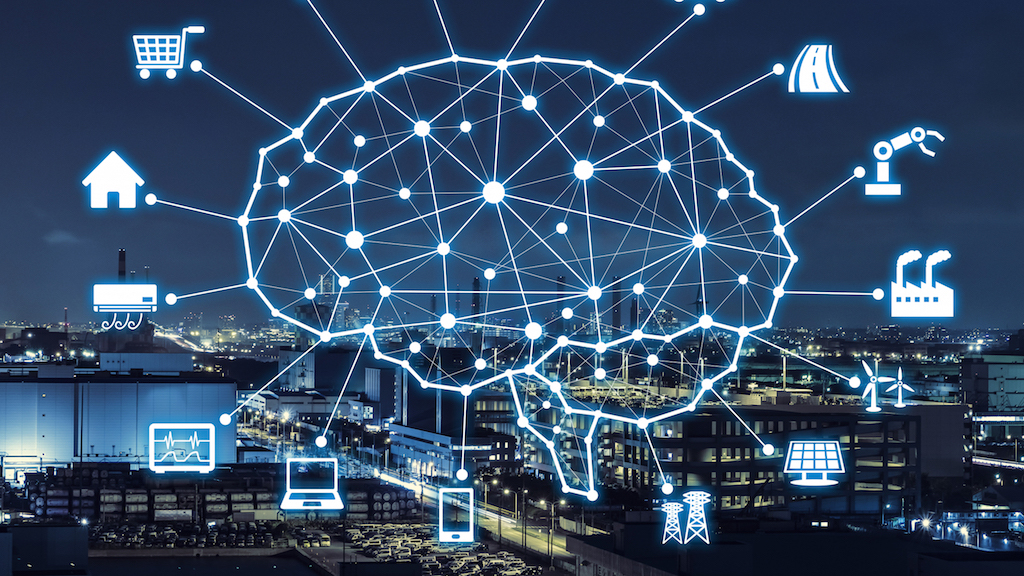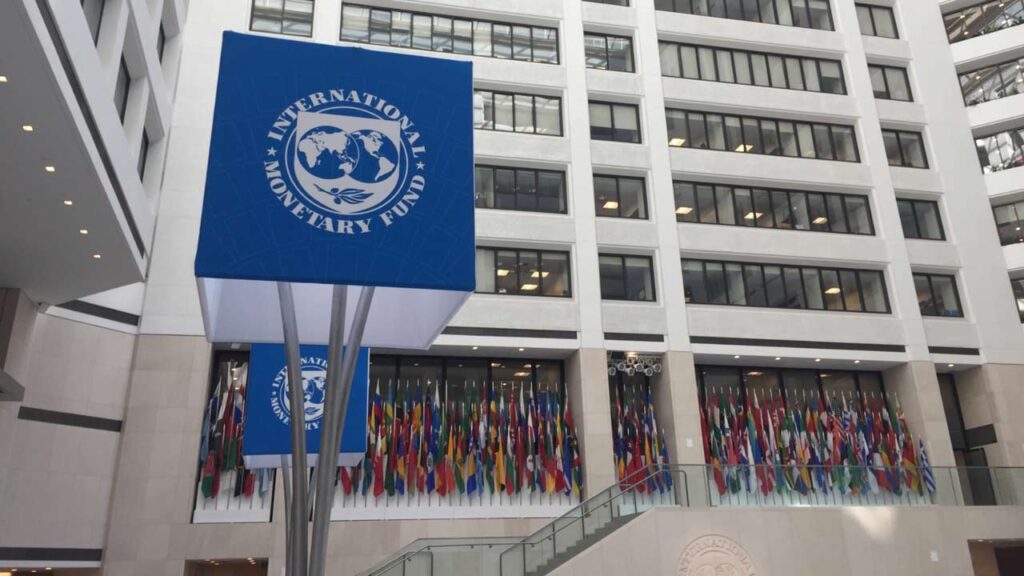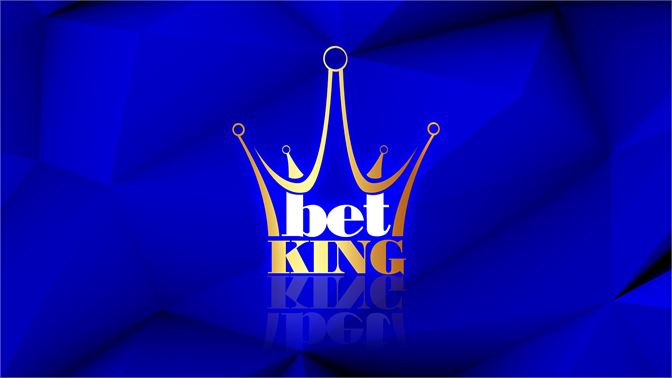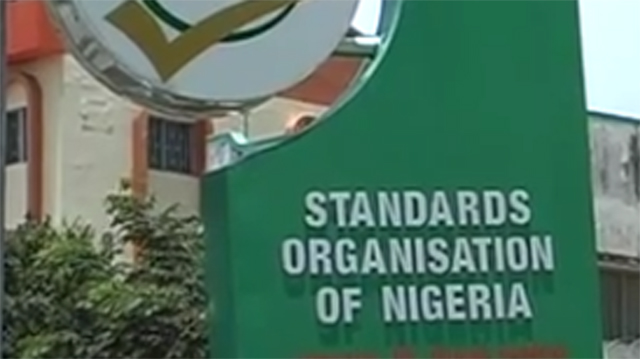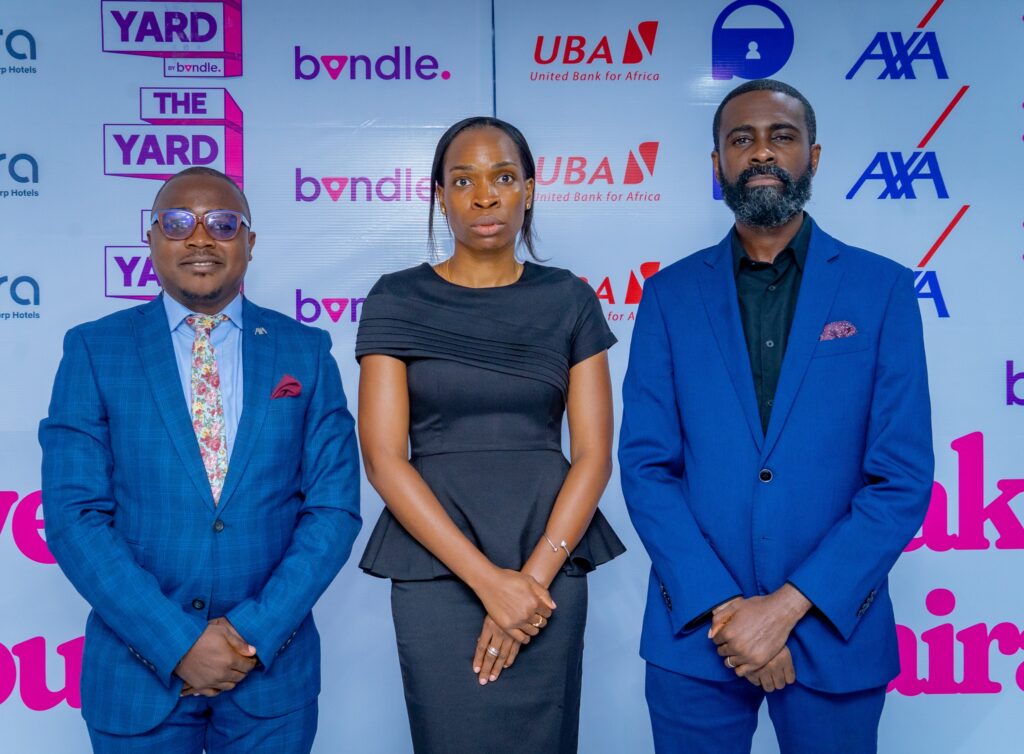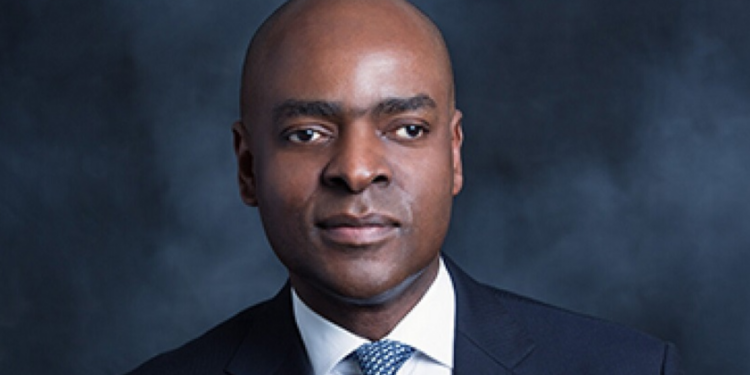
Leaders from government, industry and the global artificial intelligence community took bold steps towards making AI more inclusive at the AI for Good Global Summit in Geneva, Switzerland.
At the event, which was held at the weekend, a series of actions, commitments and new initiatives reflected a strengthened diversity of viewpoints and the vision of International Telecommunications Union (ITU), the UN Agency for Digital Technologies – to make AI work for the good of all.
ITU, along with 40 UN partners, stressed the need to include all perspectives, especially those of developing countries, in discussions on the global digital future.
ITU Secretary-General Doreen Bogdan-Martin, said: “All voices need to be at the AI table. At this decisive moment for the future of global cooperation, the AI for Good Global Summit sets the path for inclusive AI governance, the fight against AI-driven disinformation, and rescuing the SDGs.”
She said the ITU’s AI for Good platform, established by ITU in 2017, identifies practical applications of AI to accelerate progress toward the SDGs. It also connects AI innovators with public and private-sector decision-makers to help scale up AI solutions globally.
According to her, at AI Governance Day, ITU and UNESCO launched UN Activities on AI, a compilation of more than 400 projects by 47 UN agencies addressing all 17 UN Sustainable Development Goals (SDGs).
To boost the development, a partnership announced between ITU and the United Nations University aims to tap into the wealth of knowledge within the AI for Good community, including nearly 10,000 AI experts from academic institutions around the world.
The resulting flagship report will offer this expertise as a resource for stakeholders, helping them create innovative solutions and make informed decisions as they navigate the evolving world of AI.
Further, the world’s leading international standards organizations – ITU, the International Organisation for Standardization (ISO), and the International Electrotechnical Commission (IEC) announced a unified framework for AI standards development, highlighting the push to translate AI governance principles into practical, actionable standards.
Besides, a new multi-stakeholder initiative was also announced to support coordinated standards development for AI watermarking, multimedia authenticity, and deepfake detection.
This partnership includes the Content Authenticity Initiative, Coalition for Content Provenance and Authenticity, Internet Engineering Task Force, IEC, ISO, and ITU.
The AI for Good Impact Initiative launched at the summit aimed to expand the scope and impact of AI applications for sustainable development.
The initiative will link AI innovators with opportunities to scale and fund promising AI solutions for every SDG equally across every region.

